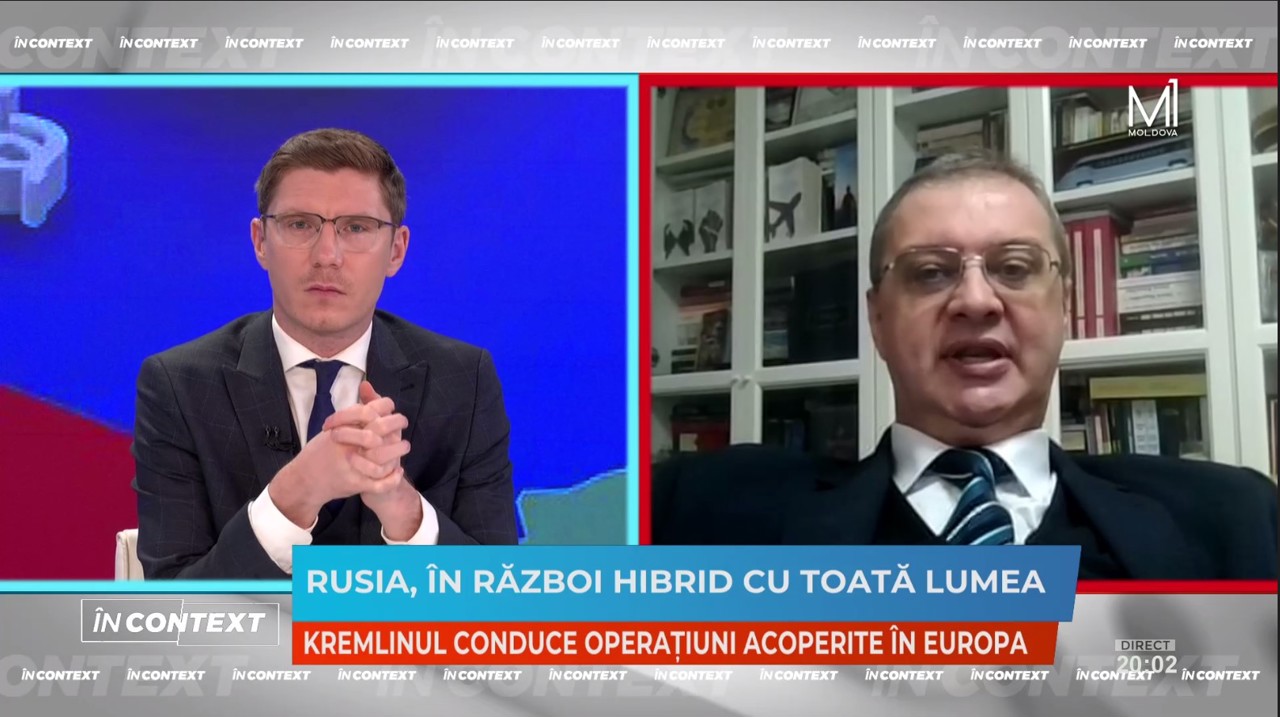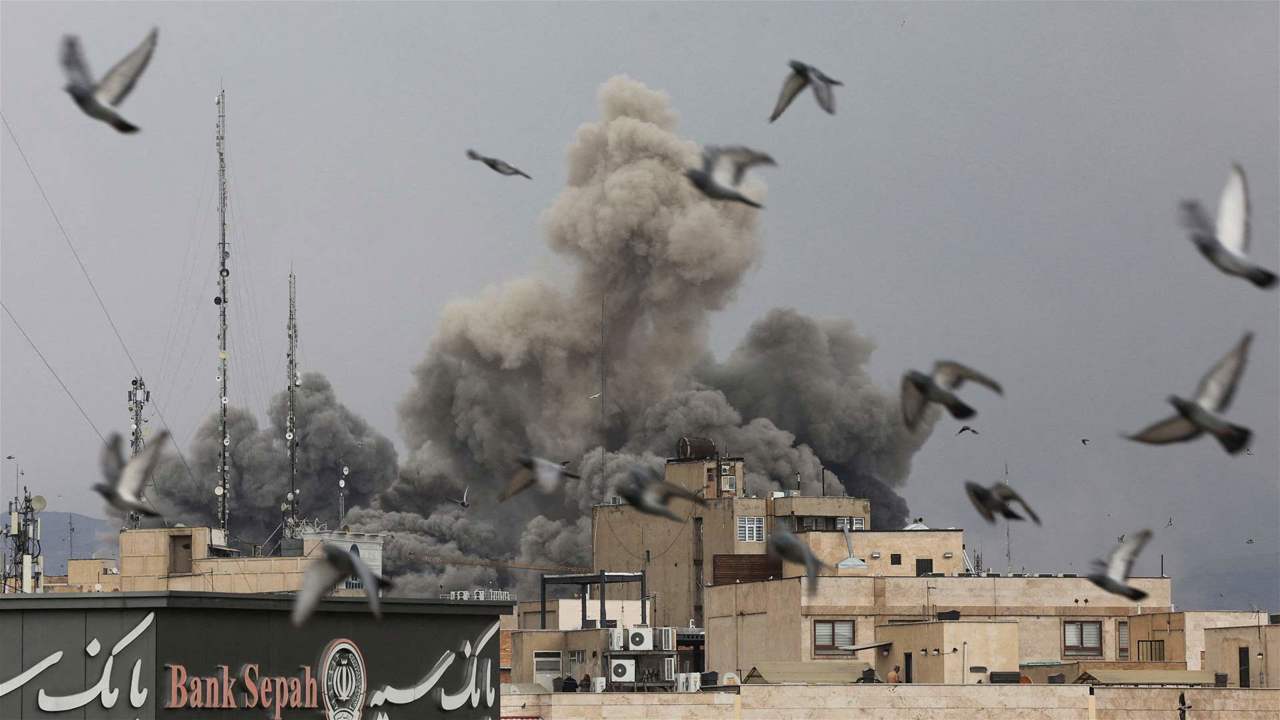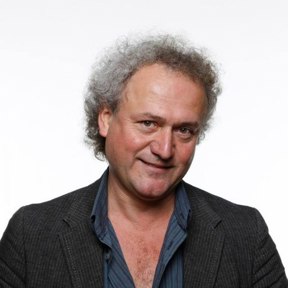IN CONTEXT // Iulian Chifu: Russian propaganda targets the referendum and the presidential elections
"The campaign against the accession of the Republic of Moldova to the European Union is very solid", claims Iulian Chifu, the president of the Early Warning Conflict Prevention Center. In the ÎN CONTEXT program on Moldova 1 TV, the former presidential adviser explained that the target of Russian propaganda is the referendum and the presidential elections on October 20, and the strategy is the absenteeism of citizens at the electoral exercises.

According to Iulian Chifu, the Russian propaganda strategy is absenteeism and disengagement of citizens in the electoral exercises, acting intensively on social media through the "Sor" group and pro-Russian parties. "At the moment the whole campaign is aimed at the referendum and the presidential elections on October 20. A whole story will surely follow for the second round. The campaign against joining the European Union is a very solid one of disengagement. There are target groups and a certain type of message is sent to each category. You also need to prepare for how the Russian Federation will act for next year's general elections," the expert warned.
The former presidential adviser warned Moldovan voters to be vigilant and responsible for the country's future. "This is about the conscience, the resilience, first of all, of the citizens of the Republic of Moldova. In the end, they are the ones who vote, they are the ones who choose, they are the ones who want the mention of the European vector in the Constitution of the Republic of Moldova".
Regarding the appointment of Oleg Ozerov, specialized in hybrid operations, as the Russian ambassador in Chisinau, Iulian Chifu explained that there are evaluation procedures by the accrediting state, which decides or not to transmit diplomatic approval. "I think that the institutions of the Republic of Moldova have evaluated the person, even more so in a context like the one we have today when we have a Russian Federation - an aggressor state against the neighbouring state. I am confident that every time he breaks or deviates from the rules, the ambassador knows that he will be called to the Ministry of Foreign Affairs. There will be no reservations on the part of the authorities of the Republic of Moldova to do it, as they did before".
A week ago, Vladimir Putin appointed Oleg Ozerov as ambassador of the Russian Federation in Chisinau. Ozerov, under diplomatic cover, awaits his invitation to the accreditation ceremony. Chisinau declares itself ready to take measures against any diplomat who acts to the detriment of the national interests of the Republic of Moldova, and this has been demonstrated over time by the expulsion of several diplomats accused of espionage.
Previously, several international subjects noted that Russia is applying elements of hybrid warfare, such as disinformation and cyber attacks, against the Republic of Moldova. According to experts, the processes of integration into the European Union and collaboration with NATO to strengthen the defense and national security of the Republic of Moldova have made Russian propaganda, as part of the hybrid war, become a major state security issue. Disinformation and manipulation aim to hijack the foreign policy vector, replacing the current government with political formations loyal to Moscow and preserving energy and economic dependence on the Russian Federation.




